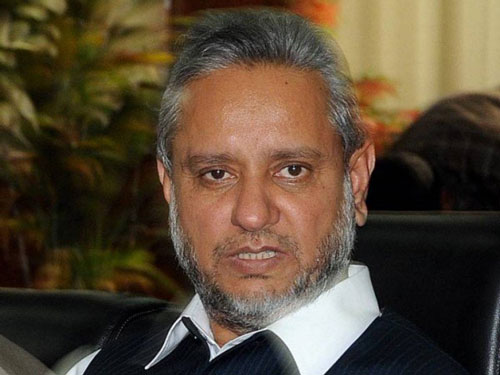FAFEN issues report on general elections 2024
The Free and Fair Election Network (FAFEN) has released its analysis of voter participation in the 2024 general elections, highlighting significant trends and shifts compared to previous elections.
The report reveals that 61.28 million voters participated, resulting in a voter turnout of 48%, down from 52% in 2018. Despite the lower turnout, the number of registered voters saw a substantial rise, with 22.5 million new voters added over six years.
One notable trend was the increased registration of female voters, surpassing male registration for the first time. FAFEN reported 12.5 million more women registered to vote in 2024, narrowing the gender turnout gap from 10% in 2018 to 9% in 2024.
The report also pointed out disparities between urban and rural voting patterns. Rural areas had a higher turnout at 50%, compared to 43.8% in urban regions.
FAFEN’s findings underline changing voter demographics and engagement, offering valuable insights for policymakers and electoral authorities to enhance future voter participation.
In October 2024, FAFEN urged political parties to engage in transparent and inclusive discussions on proposed constitutional reforms in Pakistan.
The organization emphasized the need to address constitutional weaknesses, which it identified as contributing to political instability in the country. FAFEN called for wide-ranging amendments to strengthen legislative, electoral, and local government systems and empower Parliament as the ultimate guardian of public interests.
Proposed reforms include increasing parliamentary authority, ensuring public scrutiny in the appointment of constitutional officeholders, and empowering the Election Commission to oversee elections for these roles. FAFEN also advocated for the Election Commission to manage Senate elections to prevent conflicts like those seen in 2021.
The organization urged political parties to set aside personal and communal interests, focusing instead on national priorities. It stressed that a strong and independent Parliament is vital for protecting democracy and citizens’ rights.
FAFEN reiterated the importance of building consensus on these reforms to promote political stability and effective governance in Pakistan.






